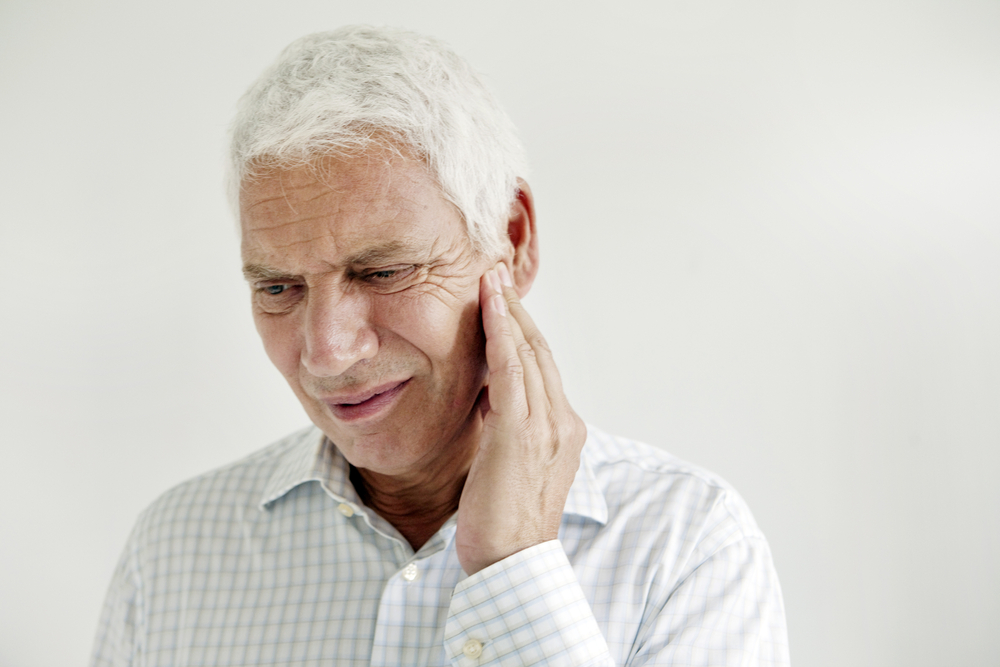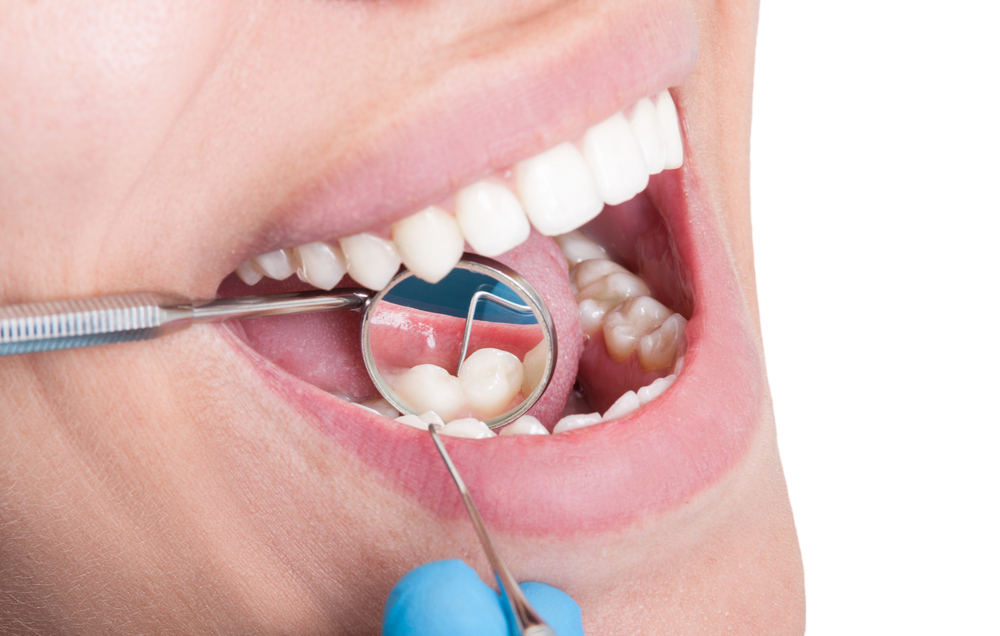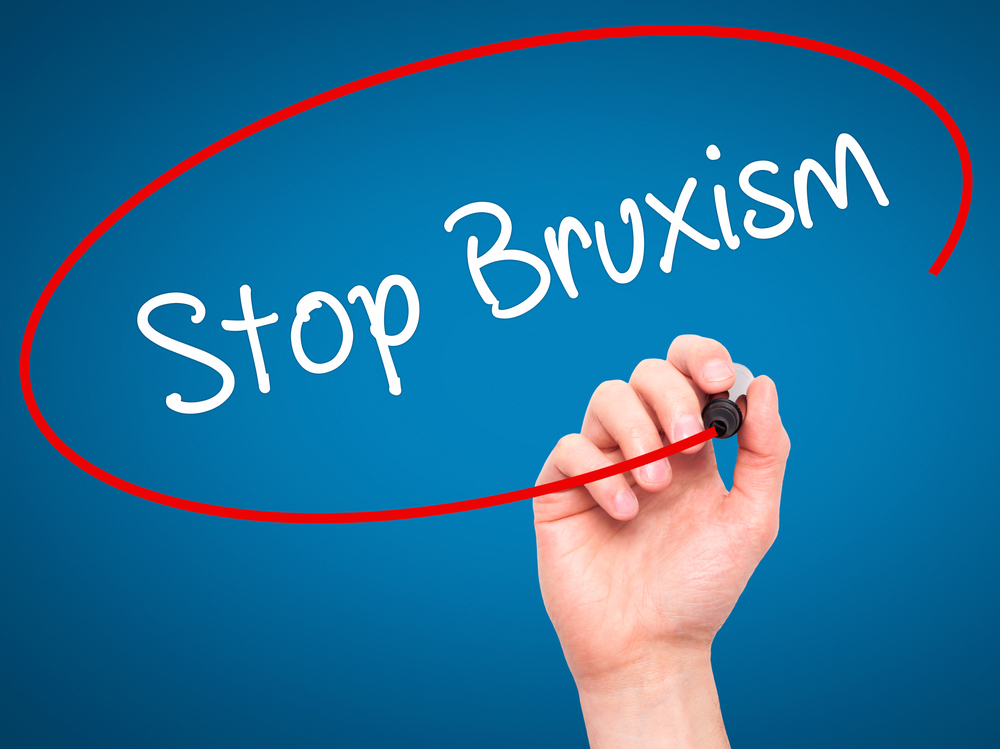Teeth Grinding: What You Need to Know
6 Apr 2016
Do you grind or clench your teeth when you’re stressed? Do you have a sore jaw or headache when you wake up? If you answered yes to either question, you may have bruxism. If you do, you’re not alone; it’s estimated that between 30 and 40 million Americans (adults and children) are teeth grinders.
Here’s what you need to know about bruxism.
What is Bruxism?
Bruxism is the continual grinding or clenching of teeth. While we all may grind or clench our teeth once in awhile, a person who constantly does so has bruxism.
Some people unknowingly grind their teeth while sleeping; this is known as “nocturnal bruxism”. Others grind their teeth throughout the day. Whether it’s caused by stress or related to another condition, it’s important to identify whether or not you have bruxism.
What are the Causes?
There are many suggested causes for bruxism, including:
- Stress/anxiety
- Improper bite
- Missing/crooked teeth
- Sleep apnea
Why is Teeth Grinding So Bad?
It’s important to identify and treat bruxism to protect your dental health. Repeatedly grinding your teeth can wear down the chewing surfaces of your teeth. In fact, people with severe bruxism have been known to grind their teeth down to nubs.
Grinding your teeth can damage your teeth. You can break down the protective layer of enamel, exposing the dentin of your teeth (the second layer of a tooth). Exposed dentin means that your teeth will be much more sensitive and may be more prone to decay.
Repeated grinding may break or damage any fillings or other kinds of dental work you have in your mouth.
Bruxism can also result in loosened teeth, aching gums, or even the loss of teeth.
Because grinding puts a lot of pressure on your jaw, you could develop TMD (problems with your jaw and the muscles in your face)
How Do I Know if I Grind My Teeth?
Although teeth grinding is generally an unconscious habit, there are many things that may indicate you grind your teeth.
- Excessive wear on your teeth
- Jaw pain or headaches
- Someone hears you grinding your teeth at night
- Sore gums (especially from clenching your teeth)

What Can I Do?
If you believe you have bruxism, schedule a dental appointment. Because most of the causes are related to your mouth and teeth, it’s important to consult your dentist. Your dentist can check for excessive wear on your teeth, check for jaw pain, and look for any other indications of bruxism.

Mouthguards are available to help protect your teeth while sleeping. You may need dental work to correct your bite or repair any damage due to bruxism.
Don’t chew on gum or anything else that isn’t food. If you’re chewing on something throughout the day, your jaw muscles will become used to clenching and you will become more likely to start grinding your teeth.
If you notice yourself grinding or clenching your teeth, place the tip of your tongue in between your teeth to help relax your jaw muscles.
Try placing a warm towel on the side of your face before going to sleep if you grind your teeth at night; this will also help relax your jaw muscles.

Bruxism is a common problem but there are many ways to help you stop grinding or clenching your teeth.
For more information or to schedule a dental appointment, contact Greenspoint Dental in Houston, Texas. We are dedicated to providing you and your loved ones with the best dental care.
Related Blog Articles